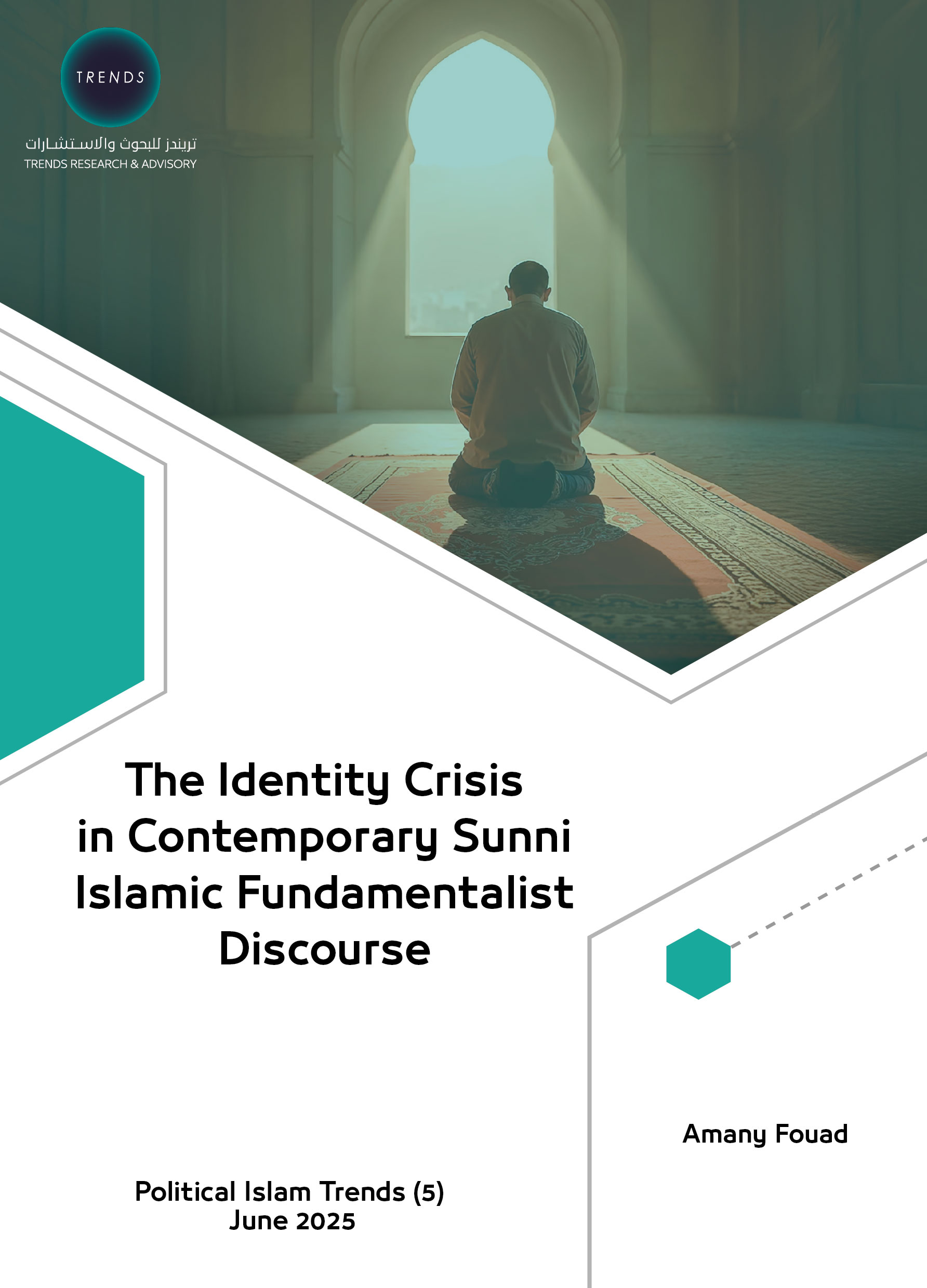This study investigates the construction of identity within contemporary Sunni Islamic fundamentalism, framing it as a doctrinally grounded and politically operationalized reality. Drawing on Manuel Castells’ assertion that “religious fundamentalism is the most important source for the construction of identity,” the research elucidates how identity functions as a “substantial reality” inseparable from the dogmatic logic of Islamist thought.
Through a genealogical and archaeological analysis, the study traces the continuity between early foundational theorists and their ideological heirs, notably the Muslim Brotherhood and Salafists, particularly in the aftermath of the 2011 fall of the Mubarak regime in Egypt. Despite tactical divergences, both movements exhibit a shared conceptual framework of identity anchored in scriptural references and doctrinal orthodoxy. This convergence substantiates Ben Achour’s thesis that orthodoxy is cyclically renewed through a return to the foundational paradigm of the Salaf.
On a heuristic level, the research posits that Islamist mobilizations derive their conception of identity from a literalist interpretation of dogmatic texts, as articulated by contemporary Islamist leaders. Political engagement, in this context, is not an end in itself but a vehicle for embedding religious identity at the heart of sociopolitical and legal structures, thereby effecting radical transformation through the normative supremacy of Sharīʿa.




